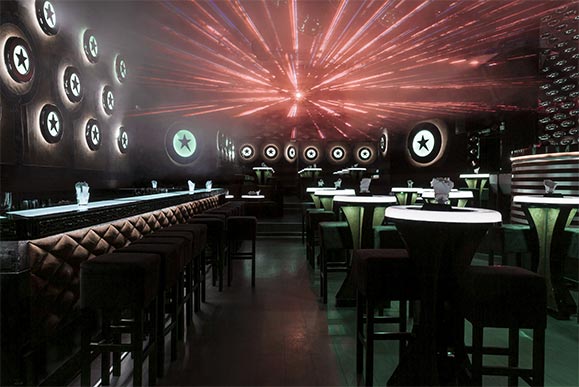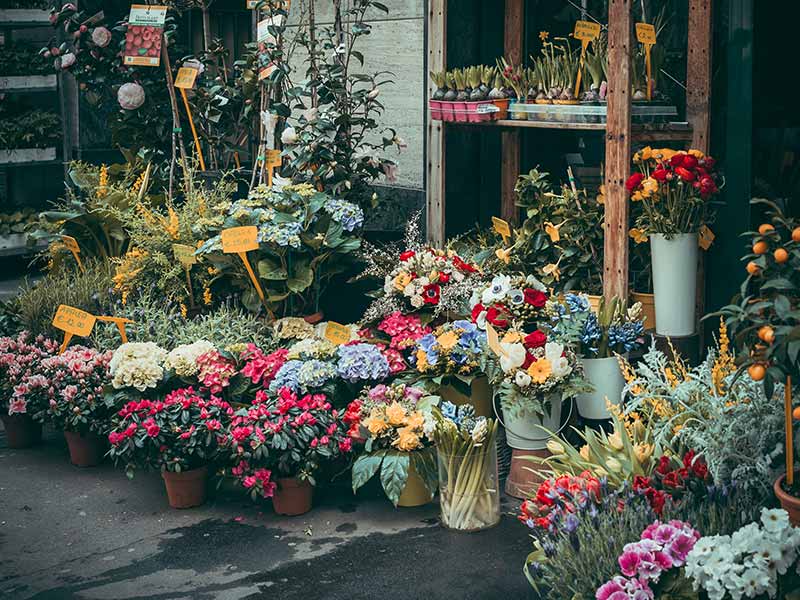
Denny Abbey & Farmland Museum — Monks to Modern Farming
Explore a Unique Abbey Site Beside a Hands-On Museum of Fenland Rural Life Ely Road, Waterbeach, Cambridge, CB25 9PQ
Specification
Outdoor SeatingWhere Prayer Meets the Plough
Set amid open Fenland north of Cambridge, Denny Abbey and the Farmland Museum offers two experiences in one visit.
First, you’ll wander a medieval monastic site shaped by three religious orders.
Then, you’ll step into a hands-on rural museum that brings centuries of farming to life.
Together, they tell a compelling story of work, worship, and community on the edge of the Fens.
A Site with Many Lives
Founded in the 12th century, Denny began as a Benedictine house.
It later passed to the Knights Templar, whose legacy still captures imaginations.
After their suppression, the Franciscan Poor Clares transformed the complex into a contemplative abbey for nuns.
Therefore, the surviving church and domestic buildings reveal layered histories — from military monks to enclosed sisters — all within one compact site.
Exploring Denny Abbey
1) The Abbey Church and Domestic Range
Walk through the Norman-core church, adapted over time by later communities.
You’ll notice reused stone, blocked arches, and subtle shifts in style that mark each chapter.
In addition, low foundations trace the former cloister, warming house, and refectory.
2) Medieval Details in the Landscape
Interpretation boards highlight carved fragments, window lines, and thresholds.
Moreover, the surrounding earthworks suggest how the precinct once extended into the Fenland fringe.
On quiet days, larks and wind provide a reflective soundtrack.
The Farmland Museum — Everyday Life, Up Close
Just next door, the Farmland Museum turns rural history into a vivid, tactile experience.
1) Fenland Farming Galleries
The main displays chart ploughing, drainage, dairying, and market gardening.
You’ll see tools, carts, seed drills, and hand-held implements that powered small farms before tractors took over.
Therefore, the galleries reveal how ingenuity shaped tough, peat-rich soils into productive land.
2) Recreated Workshops and Shops
Step into a village wheelwright’s, a blacksmith’s forge, and a rural grocer’s.
Labels are clear and concise; kids can spot objects and guess their uses.
Furthermore, demonstrations on event days add sparks, smells, and sound to the stories.
3) The 1940s Farmworker’s Cottage
This furnished cottage shows post-war domestic life — from the range in the hearth to make-do decorations.
In addition, audio snippets and period objects make it instantly relatable.
4) Machinery Yard and Tractor Corner
Outdoors, threshers, binders, and early tractors show the shift from horse to horsepower.
Because the yard is open-air, it’s perfect for photos and curious questions.
Hands-On Fun for Families
Activity trails and object hunts keep children engaged.
Craft days and living-history events add energy to weekends and holidays.
Picnic spots and plenty of outdoor space mean you can make a relaxed day of it.
Moreover, the site’s scale is friendly — big enough to explore, yet manageable for little legs.
Why This Pairing Works
Denny Abbey gives context: faith, order, and medieval landholding.
The Farmland Museum supplies the people’s story: labour, skill, and evolving technology.
Together, they connect lofty ideas to muddy boots — showing how land ownership, religious change, and everyday toil shaped the Fens.
Consequently, you leave with both inspiration and insight.
Visiting Denny Abbey & the Farmland Museum
How to Get There
Address: Ely Road (A10), Waterbeach/Chittering, Cambridge CB25 9PQ
By Car: Signed from the A10; on-site parking available.
By Train: Waterbeach Station, then taxi or cycle (rural roads).
By Bus: Limited services on the A10 corridor; check times in advance.
Opening Hours & Tickets
Seasonal opening (spring–autumn for full museum access).
Abbey grounds generally align with museum hours.
Check times and prices before travel on the official site.
Facilities
Visitor reception and café kiosk (seasonal).
Toilets and baby-changing.
Level paths around most displays; some uneven historic surfaces.
Picnic areas and outdoor seating.
Nearby Attractions
Wicken Fen — National Trust wetland boardwalks and wildlife (pair with your Wicken Fen
guide).
Ely Cathedral — Towering Gothic masterpiece and Stained-Glass Museum (see our Ely Cathedral
post).
Anglesey Abbey — House, grounds, and winter garden near Cambridge.
The Museum of Cambridge — Social history in the city centre.
Together, they create the Cambridgeshire Abbeys & Fens Trail linking sacred spaces and working landscapes.
Why Visit?
The Denny Abbey & Farmland Museum experience blends:
Medieval heritage (Benedictines, Templars, Poor Clares)
Rural craft and technology (from hand tools to tractors)
Family-friendly discovery (trails, cottage, workshops)
Open Fenland atmosphere
Whether you love monastic archaeology or vintage farm kit, this place delivers insight with charm.
It’s not just one site — it’s two stories told side by side.





No Reviews